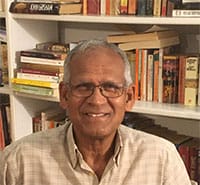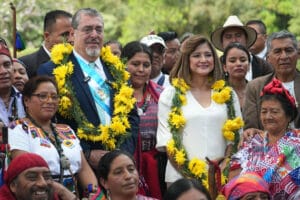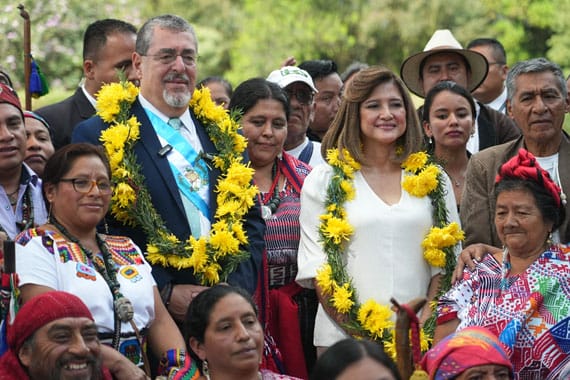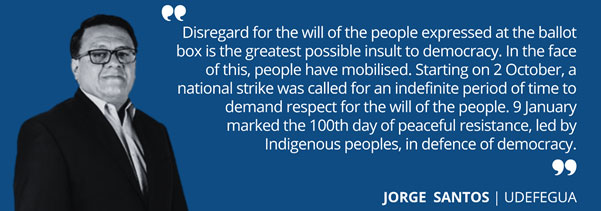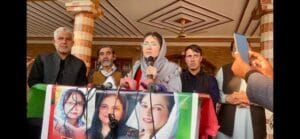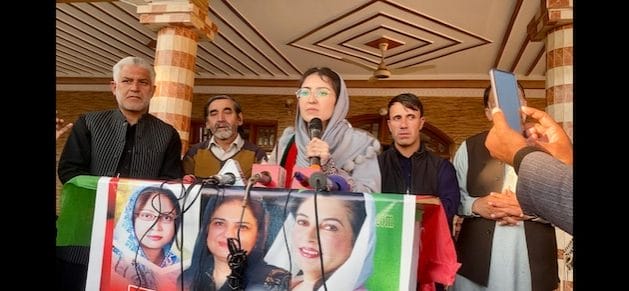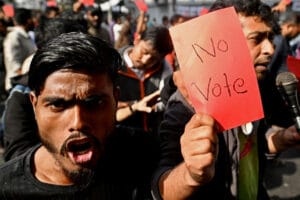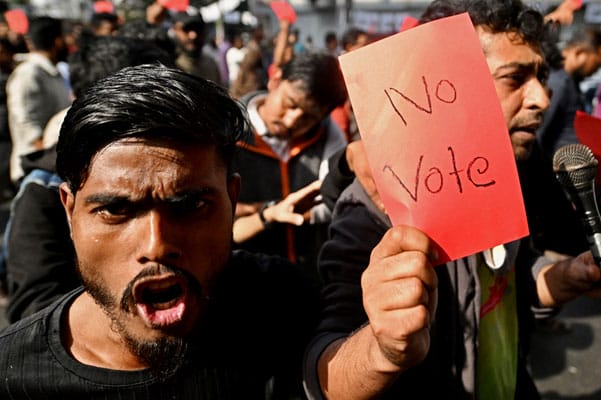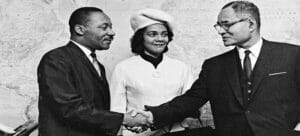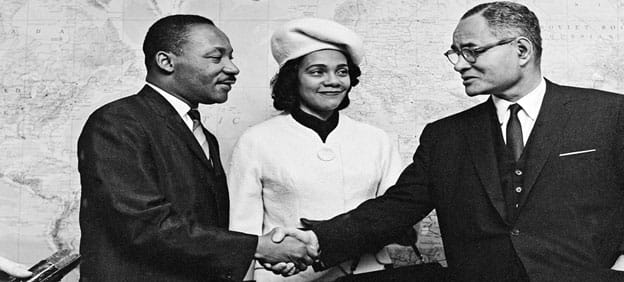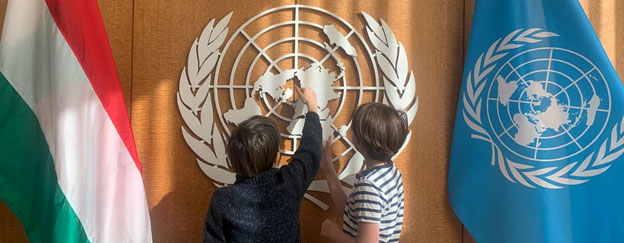
Civil Society, Crime & Justice, Democracy, Europe, Featured, Headlines, Human Rights, LGBTQ, Press Freedom, TerraViva United Nations
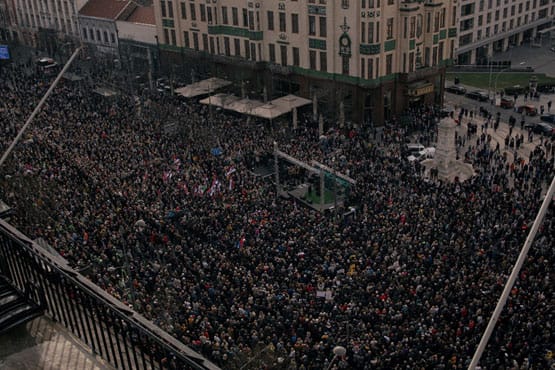
Credit: Vladimir Zivojinovic/Getty Images
– Serbia’s December 2023 elections saw the ruling party retain power – but amid a great deal of controversy.
Civil society has cried foul about irregularities in the parliamentary election, but particularly the municipal election in the capital, Belgrade. In recent times Belgrade has been a hotbed of anti-government protests. That’s one of the reasons it’s suspicious that the ruling Serbian Progressive Party (SNS) came first in the city election.
Allegations are that the SNS had ruling party supporters from outside Belgrade temporarily register as city residents so they could cast votes. On election day, civil society observers documented large-scale movements of people into Belgrade, from regions where municipal elections weren’t being held and from Bosnia and Herzegovina and Montenegro. Civil society documented irregularities at 14 per cent of Belgrade voting stations. Many in civil society believe this made the crucial difference in stopping the opposition winning.
The main opposition coalition, Serbia Against Violence (SPN), which made gains but finished second, has rejected the results. It’s calling for a rerun, with proper safeguards to prevent any repeat of irregularities.
Thousands have taken to the streets of Belgrade to protest about electoral manipulation, rejecting the violation of the most basic principle of democracy – that the people being governed have the right to elect their representatives.
Facts that can’t be ignored: Serbian NGO @CRTArs has just published its latest findings on the election in #Serbia & #Belgrade. According to CRTA, there was an “organised migration of voters”, which had a decisive influence on the close result of the election in Belgrade. https://t.co/a8POlE5VTy
— Andreas Schieder (@SCHIEDER) December 23, 2023
A history of violations
The SNS has held power since 2012. It blends economic neoliberalism with social conservatism and populism, and has presided over declining respect for civic space and media freedoms. In recent years, Serbian environmental activists have been subjected to physical attacks. President Aleksandar Vučić attempted to ban the 2022 EuroPride LGBTQI+ rights march. Journalists have faced public vilification, intimidation and harassment. Far-right nationalist and anti-rights groups have flourished and also target LGBTQI+ people, civil society and journalists.
The SNS has a history of electoral irregularities. The December 2023 vote was a snap election, called just over a year and a half since the previous vote in April 2022, which re-elected Vučić as president. In 2022, the Organization for Security and Co-operation in Europe (OSCE) pointed to an ‘uneven playing field’, characterised by close ties between major media outlets and the government, misuse of public resources, irregularities in campaign financing and pressure on public sector staff to support the SNS.
These same problems were seen in December 2023. Again, the OSCE concluded there’d been systemic SNS advantages. Civil society observers found evidence of vote buying, political pressure on voters, breaches of voting security and pressure on election observers. During the campaign, civil society groups were vilified, opposition officials were subjected to physical and verbal attacks and opposition rallies were prevented.
But the ruling party has denied everything. It’s slurred civil society for calling out irregularities, accusing activists of trying to destabilise Serbia.
Backdrop of protests
The latest vote was called following months of protests against the government. These were sparked by anger at two mass shootings in May 2023 in which 17 people were killed.
The shootings focused attention on the high number of weapons still in circulation after the wars that followed the break-up of Yugoslavia and the growing normalisation of violence, including by the government and its supporters.
Protesters accused state media of promoting violence and called for leadership changes. They also demanded political resignations, including of education minister Branko Ružić, who disgracefully tried to blame the killings on ‘western values’ before being forced to quit. Prime Minister Ana Brnabić blamed foreign intelligence services for fuelling protests. State media poured abuse on protesters.
These might have seemed odd circumstances for the SNS to call elections. But election campaigns have historically played to Vučić’s strengths as a campaigner and give him some powerful levers, with normal government activities on hold and the machinery of the state and associated media at his disposal.
Only this time it seems the SNS didn’t think all its advantages would be quite enough and, in Belgrade at least, upped its electoral manipulation to the point where it became hard to ignore.
East and west
There’s little pressure from Serbia’s partners to both east and west. Its far-right and socially conservative forces are staunchly pro-Russia, drawing on ideas of a greater Slavic identity. Russian connections run deep. In the last census, 85 per cent of people identified themselves as affiliated with the Serbian Orthodox Church, strongly in the sway of its Russian counterpart, in turn closely integrated with Russia’s repressive machinery.
The Serbian government relies on Russian support to prevent international recognition of Kosovo. Russian officials were only too happy to characterise post-election protests as western attempts at unrest, while Prime Minister Brnabić thanked Russian intelligence services for providing information on planned opposition activities.
But states that sit between the EU and Russia are being lured on both sides. Serbia is an EU membership candidate. The EU wants to keep it onside and stop it drifting closer to Russia, so EU states have offered little criticism.
Serbia keeps performing its balancing act, gravitating towards Russia while doing just enough to keep in with the EU. In the 2022 UN resolution on Russia’s invasion of Ukraine, it voted to condemn Russia’s aggression and suspend it from the Human Rights Council. But it’s resisted calls to impose sanctions on Russia and in 2022 signed a deal with Russia to consult on foreign policy issues.
The European Parliament is at least prepared to voice concerns. In a recent debate, many of its members pointed to irregularities and its observation mission noted problems including media bias, phantom voters and vilification of election observers.
Other EU institutions should acknowledge what happened in Belgrade. They should raise concerns about electoral manipulation and defend democracy in Serbia. To do so, they need to support and work with civil society. An independent and enabled civil society will bring much-needed scrutiny and accountability. This must be non-negotiable for the EU.
Andrew Firmin is CIVICUS Editor-in-Chief, co-director and writer for CIVICUS Lens and co-author of the State of Civil Society Report.

